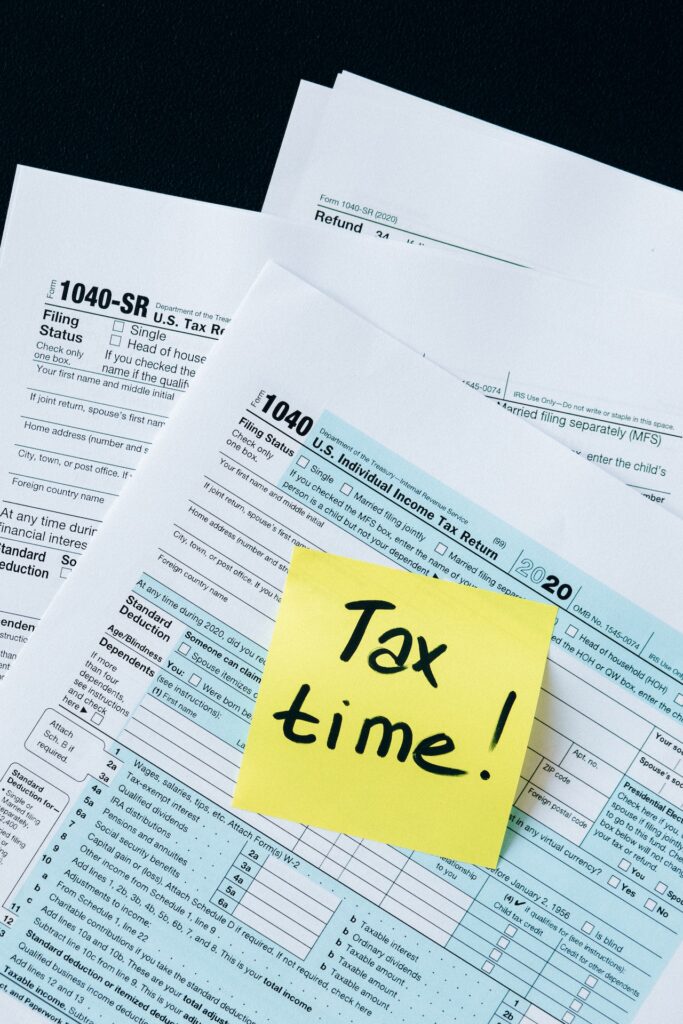Unraveling the Complexity of UK Car Tax
Owning a car in the United Kingdom is akin to having a key to freedom, but it comes with a set of responsibilities. One such responsibility that often leaves motorists perplexed is car tax, officially known as Vehicle Excise Duty (VED). As we journey into the realm of car ownership in 2023, let’s embark on a quest to demystify the world of UK car tax, with valuable insights from scrap my car, a trusted partner in the realm of motoring.
Understanding Car Tax in 2023/2024 – The Starting Point
Our journey begins by comprehending the cost. In the fiscal year 2023/2024, the standard rate for car tax is set at £180. However, this isn’t a fixed price for everyone. Depending on when your car was first registered and its fuel type, your road tax obligations may differ. Notably, electric vehicles (EVs) have enjoyed a tax holiday, but this exemption is slated to change in 2025 when VED charges for EVs will be introduced. For more clarity on this impending shift, ScrapMyCar.net provides an illuminating electric car road tax guide.
Deciphering UK Car Tax Bands – Navigating the Categories
Our journey leads us into the intricate world of car tax bands, determined by factors such as your vehicle’s registration date, engine size, or CO2 emissions. It’s not just a straightforward tax; it’s a system designed to reward environmentally conscious choices. To tax your vehicle successfully, it’s imperative to have valid car insurance and, if your vehicle is over three years old, a valid MOT. These prerequisites ensure that your road tax expedition proceeds seamlessly.
Cracking the Tax Band Code – Personalizing the Experience
As you tread deeper into the realm of tax bands, understanding your vehicle’s year of registration becomes paramount. Armed with your vehicle’s V5C logbook, identifying its precise tax band and annual cost becomes a breeze. This revelation offers a personalized experience, allowing you to navigate your tax journey with confidence.

Tax Bands for Vehicles Registered Before March 2001 – A Scenic Route
For vehicles registered before 1 March 2001, the road diverges into engine size categories, primarily “not over 1549cc” and “over 1549cc.” These categories open up various payment options, including the convenience of Direct Debit. However, it’s essential to understand that the choice of payment method can affect your overall expenditure. Scrutinizing these subtleties is an integral part of your tax adventure.
Tax Bands for Vehicles Registered Post-March 2001 and Pre-April 2017 – An Offbeat Path
Vehicles within this bracket traverse the world of CO2-based tax bands. The underlying principle is straightforward: lower emissions equate to lower tax bands. This leg of your journey unveils the equal treatment of petrol and diesel cars, along with the privileges extended to alternative-fuel vehicles.
Tax Bands for Vehicles Registered After April 2017 – Navigating New Terrain
The year 2017 marked a significant shift in the road tax landscape. New vehicles registered after April 2017 became subject to a three-tiered system, responding to the decreasing CO2 emissions and their impact on government revenue. This segment of your exploration reveals that zero-emission vehicles now enjoy VED exemptions, while cars exceeding £40,000 face additional charges. As your journey unfolds, keep an eye on the horizon for the changes coming in 2025, when electric vehicles will face VED charges for the first time.
Conclusion: Empowered for the Road Ahead
As we conclude our journey through the intricate web of UK car tax in 2023, one thing becomes abundantly clear – knowledge is power. Armed with insights from ScrapMyCar.net and a deep understanding of car tax intricacies, you’re well-prepared to navigate the ever-evolving landscape of car ownership. The road ahead may be winding, but with the right information, it’s a journey you can confidently undertake.
